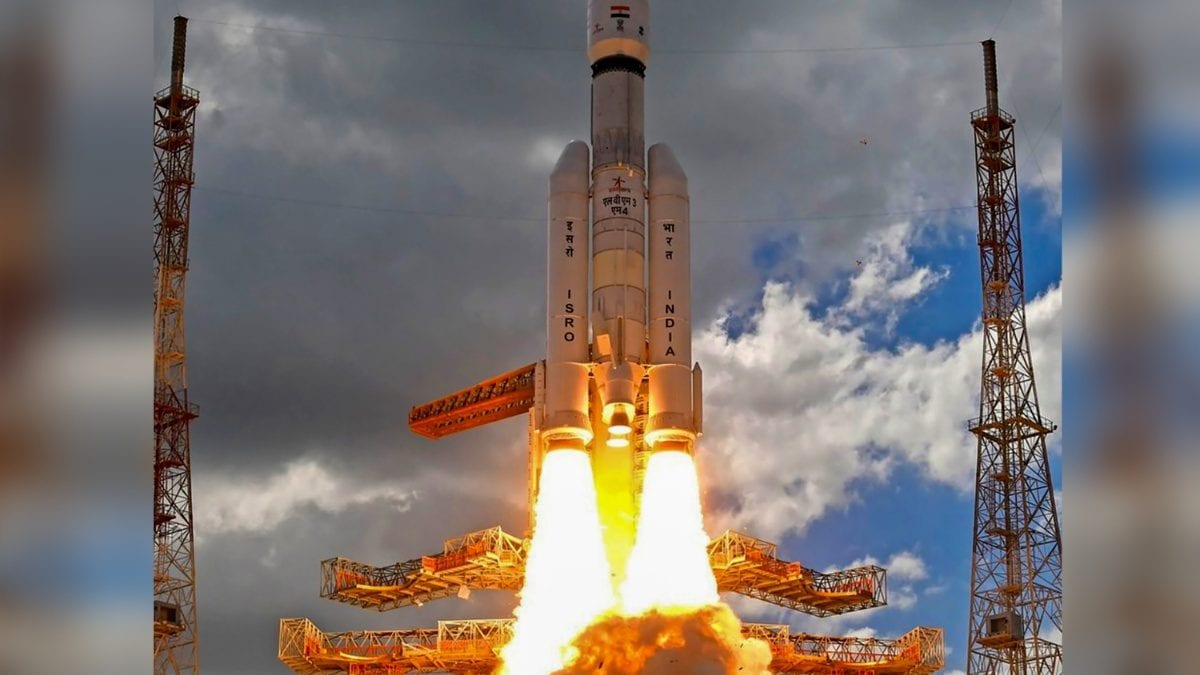Last Updated: August 25, 2023, 15:39 IST
The next step will be to open the bidding process itself.
Larsen & Toubro and Hindustan Aeronautics are among companies vetted to potentially bid in India’s efforts to privatise its small satellite launch rocket, a source told Reuters, as the government seeks more investment in the booming space market.
Larsen & Toubro and Hindustan Aeronautics are among companies vetted to potentially bid in India’s efforts to privatise its small satellite launch rocket, a source told Reuters, as the government seeks more investment in the booming space market.
The Small Satellite Launch Vehicle (SSLV) was developed by the Indian Space Research Organisation (ISRO), the national space agency, as a low-cost means to launch satellites weighing up to 500 kg (1,102 lb) into low-earth orbit.
They serve a booming market to launch clusters of satellites for communications and data that SpaceX and rivals compete in.
About 20 companies had submitted an expression of interest in bidding on the privatisation, the first of its kind under a policy drive by Prime Minister Narendra Modi to open launch and other space businesses to investment.
India is aiming to increase its share of the global satellite launch market by fivefold within the next decade.
The next step will be to open the bidding process itself, the person said, who had direct knowledge of the matter but asked not to be named because discussions are not public.
The companies did not respond to a Reuters request for comment.
Hindustan Aeronautics, also known as HAL, and Larsen & Toubro, an industrial conglomerate, already have a contract with the government to manufacture and deliver rockets to ISRO.
Under that contract, the companies will manufacture and deliver five Polar Satellite Launch Vehicles (PSLV) – often called ISRO’s ”workhorse” rocket. Deliveries are expected to start in two years.
ISRO will use the PSLV, which stands 44 meters tall (144 feet), to launch a space-based solar observatory, its Aditya-L1 mission, next month.
That launch will be ISRO’s first mission since it achieved a historic first by landing the Chandrayaan-3 spacecraft on the moon’s south pole this week.
The success of Chandrayaan-3 has been expected to give a boost to India’s efforts to spur private investment in space ventures. ISRO suppliers and related companies have seen seen an uptick in share prices this week.
India’s newly created space regulatory body, the Indian National Space Promotion and Authorisation Centre, known as IN-SPACe, opened the bidding process on the SSLV program in July by allowing qualified companies to register an interest.
It will be the first Indian rocket to be fully privatised, meaning that the winning bidder or consortium will take over the entire program, in contrast to a more limited contract for manufacturing the PSLV rockets.
(This story has not been edited by News18 staff and is published from a syndicated news agency feed – Reuters)

